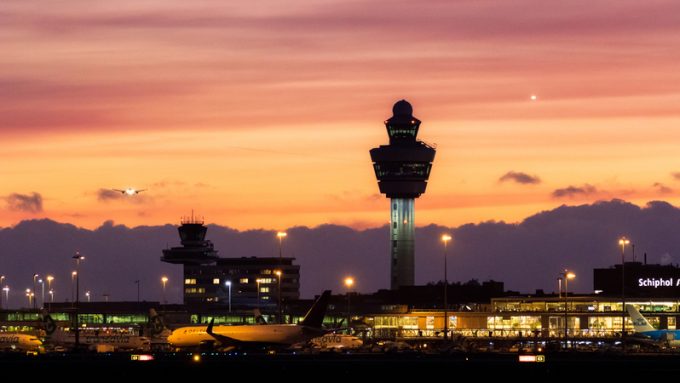Interview: Schiphol's Joost van Doesburg on slot issues and integrated cargo
Despite a modest decline in tonnage last month, Amsterdam Schiphol (AMS) is outperforming most of ...

Cargo at Schiphol is again fighting for its place in the airport’s business.
Less than three years ago the airport reorganised its structure, merging cargo into its aviation and marketing department. Today it confirmed today it is integrating cargo activities into Airport Operations – along with ...

Comment on this article